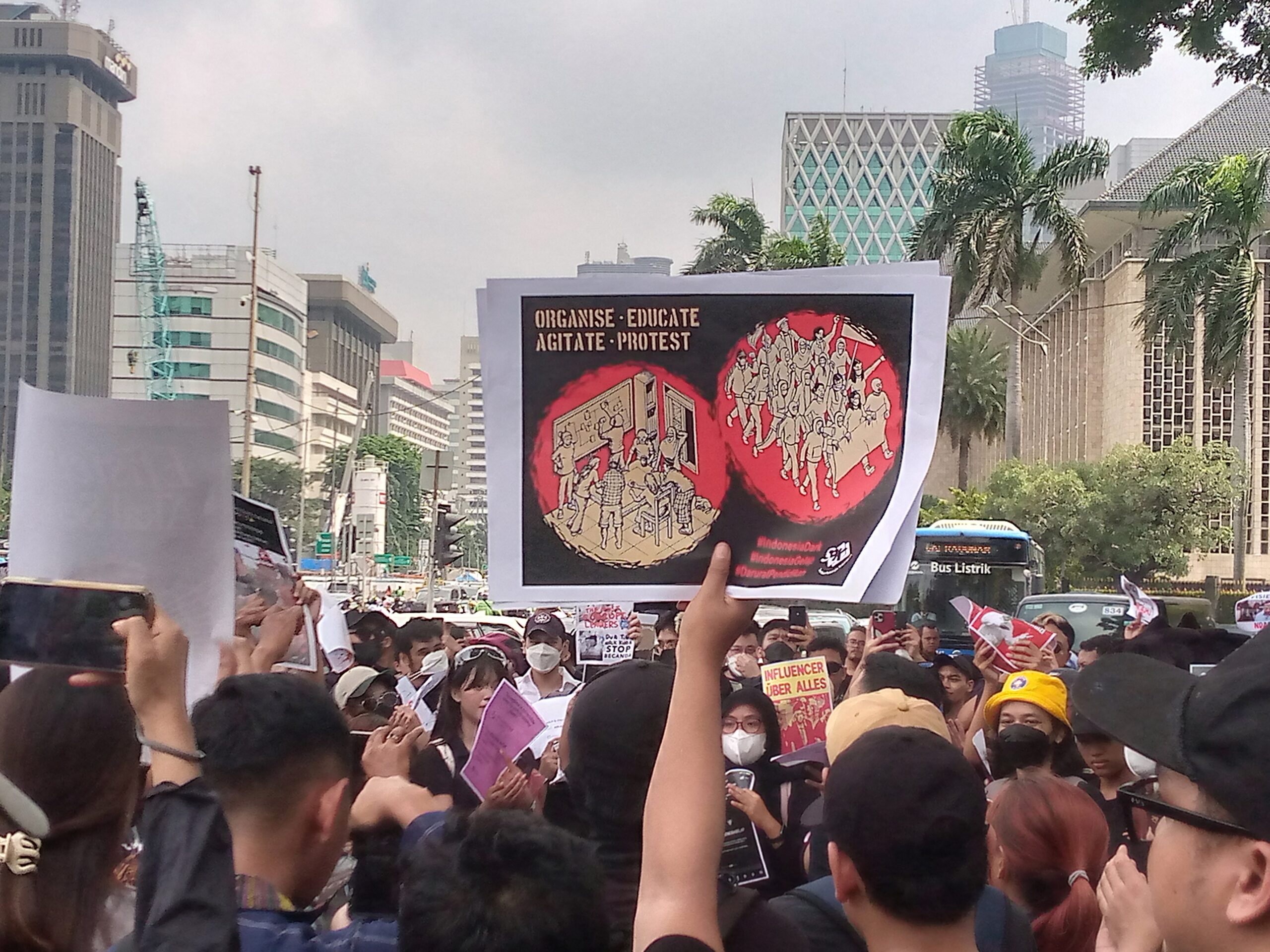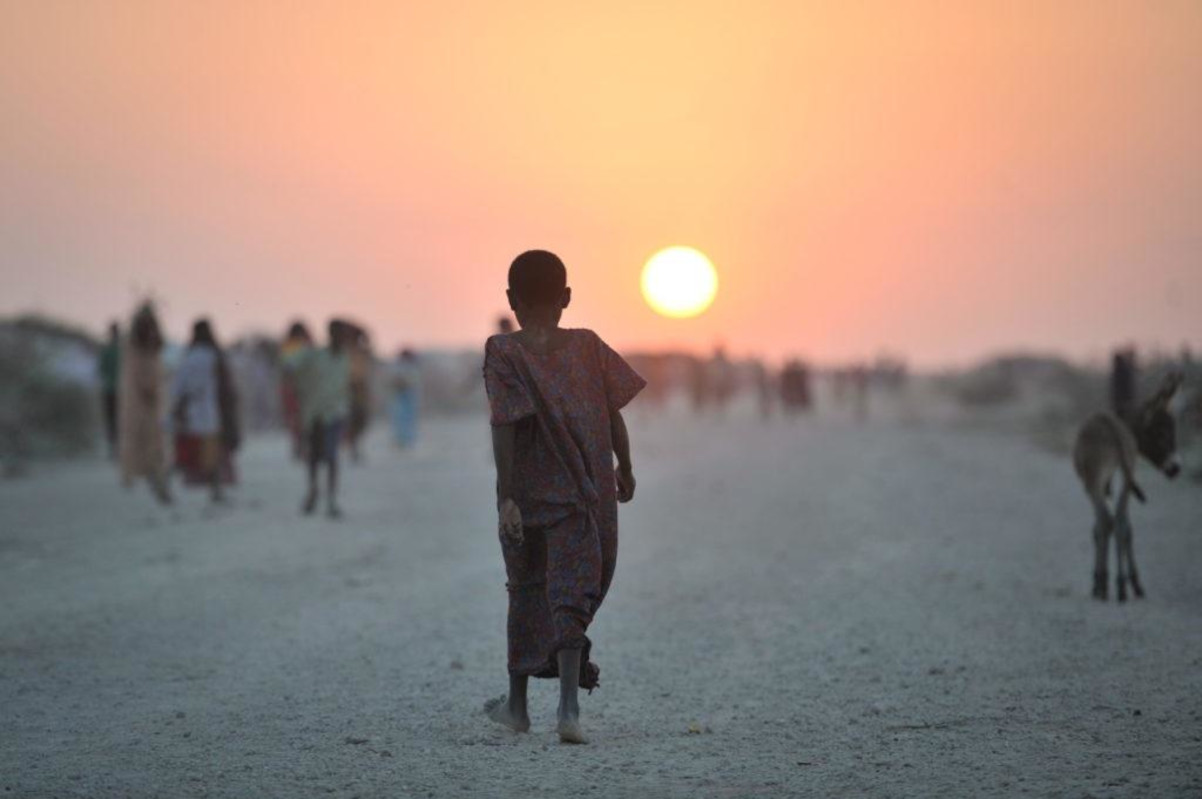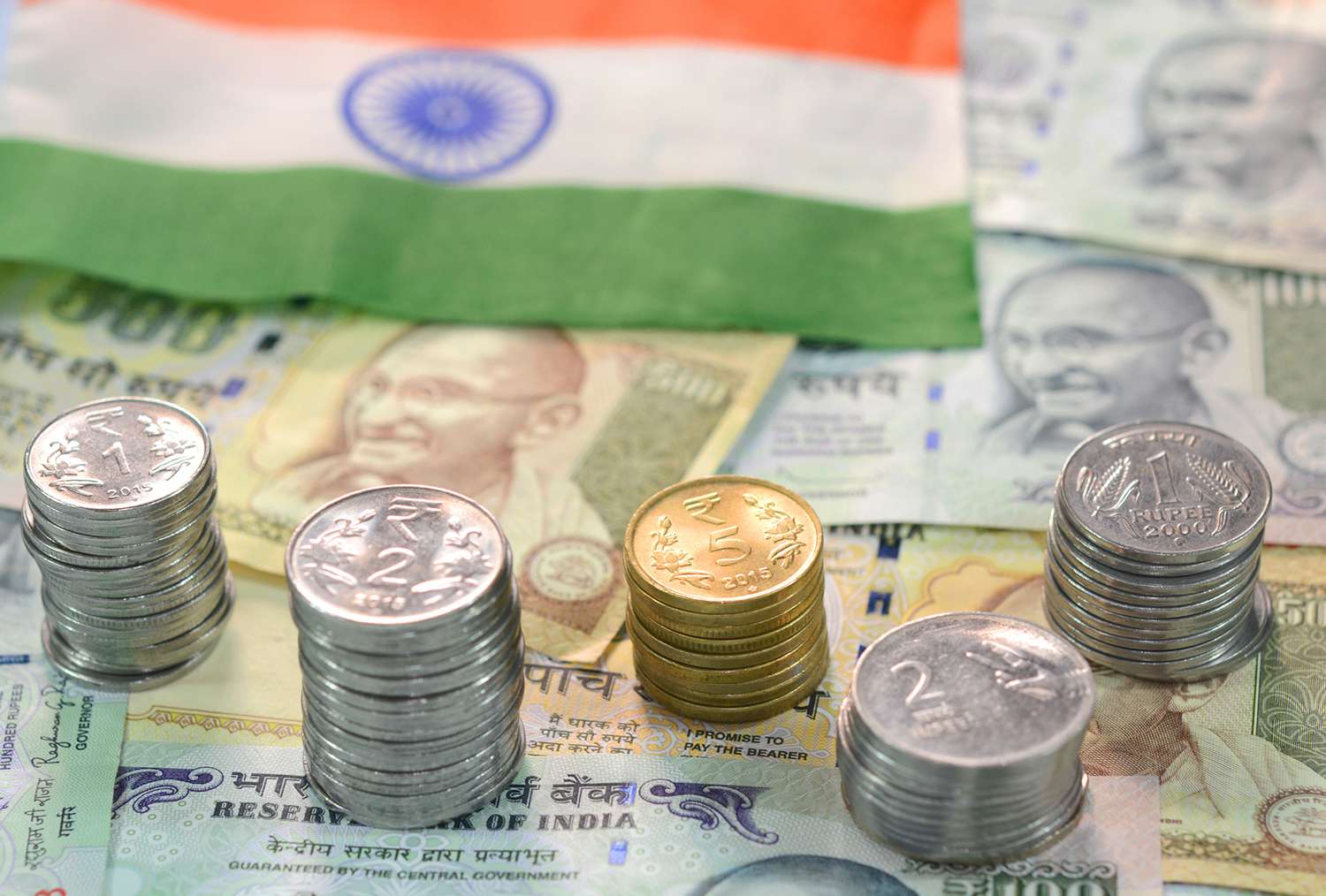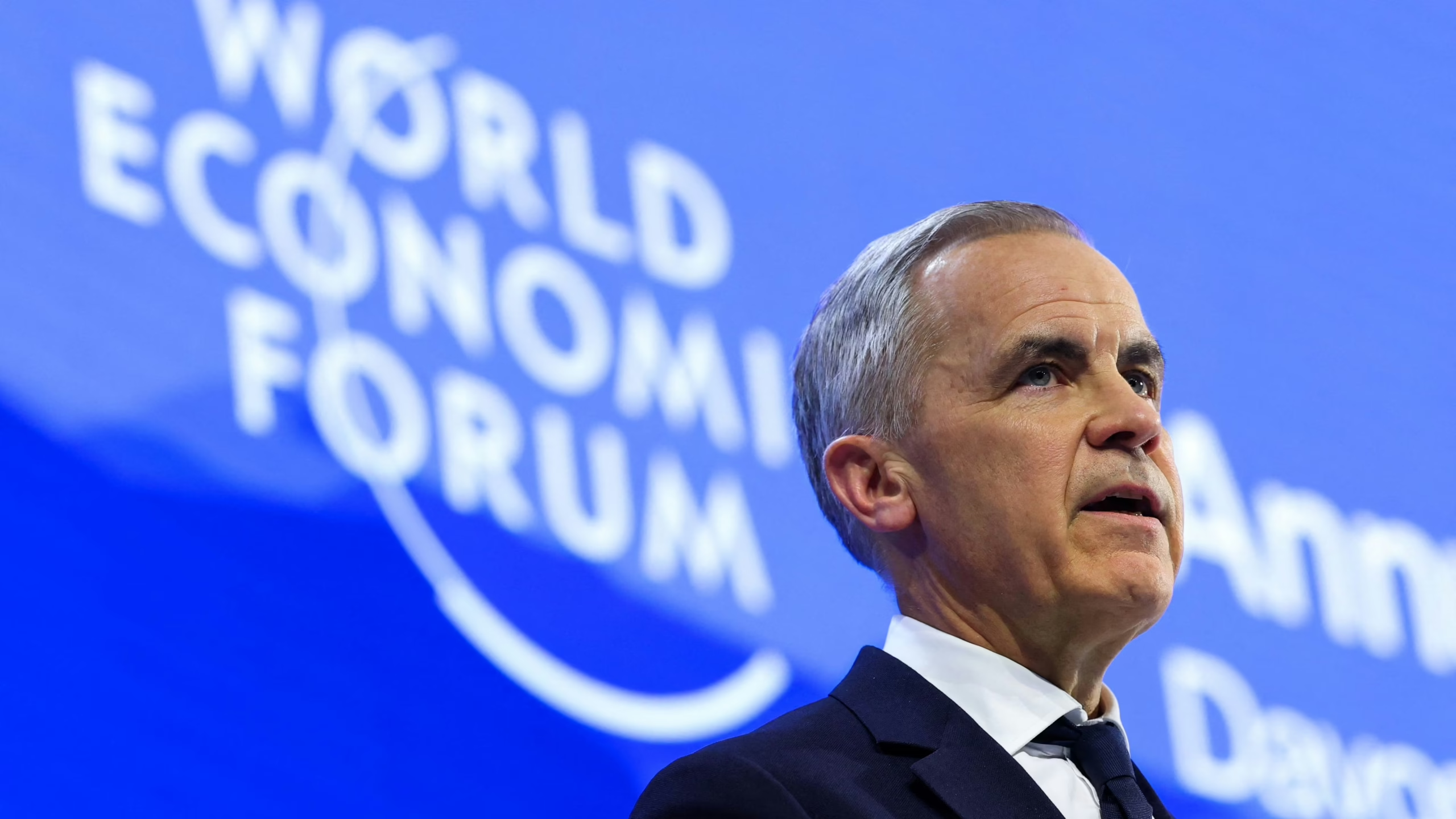Indonesia’s largest wave of protests in nearly a decade forced President Prabowo Subianto to cancel a key diplomatic trip to China, only to quietly fly to Beijing days later for a military parade—exposing the delicate balance between domestic unrest and foreign relations. With over 40,000 Chinese nationals living in Indonesia and billions in Belt and Road investments at stake, Beijing watched nervously as economic grievances threatened to disrupt one of its most important Southeast Asian partnerships.
The scale and stakes of Indonesia’s unrest
Indonesia erupted in its largest wave of protests in nearly a decade last week. The protests were driven by outrage over lawmakers’ extravagant pay and housing perks, anger at economic inequality, and frustration with a political elite perceived as aloof. The unrest also drew attention in Beijing, with state media reporting on the events and officials noting the situation, given the presence of Chinese workers and investments in the country.
China is Indonesia’s largest trading partner, its most significant source of foreign investment, and the chief backer of high-profile infrastructure projects. China finances all aspects of industry, from the Jakarta–Bandung high-speed rail to nickel processing hubs critical to the global electric vehicle supply chain. More than 40,000 Chinese nationals live and work in Indonesia, many concentrated in industrial parks and resource-processing facilities linked to the Belt and Road Initiative. While Indonesia does not decisively impact China’s $19.5 trillion economy, instability there threatens China’s substantial investments and expatriate workforce.
Diplomatic Complications and the SCO Summit
Notably, the protests affected Indonesia’s diplomatic calendar. President Prabowo Subianto, facing escalating unrest, cancelled his planned visit to Tianjin for the Shanghai Cooperation Organisation summit and China’s commemoration of the 80th anniversary of the end of World War II. His absence drew little notice at a gathering dominated by Xi Jinping, Narendra Modi, and Vladimir Putin. Beijing had hoped to use the SCO summit to showcase its leadership of the Global South. While Indonesia is not a member, its presence as a G20 economy and Southeast Asia’s largest country would have added symbolic weight. Even so, Beijing welcomed Foreign Minister Sugiono, who travelled in Prabowo’s place. In his remarks, Sugiono adhered to familiar themes, referencing the Bandung Conference of 1955 and reaffirming Jakarta’s commitment to nonalignment and multilateralism. He also echoed earlier statements aligning parts of China’s Global Development Initiative with Indonesia’s domestic goals of poverty reduction and social welfare.
Prabowo’s Surprise Beijing Visit
In a sudden turn, however, Prabowo quietly flew to Beijing days later to attend China’s September 3rd military parade commemorating the 80th anniversary of the end of World War II. The visit was tightly choreographed: he appeared at the parade in the morning, then departed for Jakarta the same evening. Officially, his schedule was explained as constrained by domestic unrest, but the symbolism is hard to miss.
For many Indonesians, Prabowo’s appearance in Beijing risks undercutting his credibility at home. He had pledged to stay in Indonesia during the protests, even suggesting he would forgo international engagements out of solidarity with a population demanding fairness and accountability. By attending the parade anyway — even if briefly — he exposed himself to criticism that he is prioritising foreign optics over domestic grievances. That perception could fuel further anger among protesters who already see the political elite as disconnected.
Conversely, for China, Prabowo’s attendance offered reassurance. Although he skipped the SCO summit, his physical presence at the parade alongside other world leaders signalled that Jakarta still values its ties with Beijing. It also demonstrated Indonesia’s willingness to remain engaged with China, despite turbulence at home.
Beijing’s Security and Economic Concerns
Like many foreign embassies, China’s immediate concern was the safety of its citizens. Foreign Ministry spokesman Guo Jiakun urged Indonesia to “take effective measures to ensure the safety of Chinese institutions and personnel,” a phrase Beijing routinely uses in countries facing unrest. The focus reflects the scale of China’s labour presence in Indonesia, where thousands of engineers, construction workers, and technical specialists are involved in projects ranging from smelters in Sulawesi to infrastructure construction in Java. Many of these sites are located in regions that have experienced labour disputes and local tensions in the past, though they have not been directly affected by the current wave of protests.
There are also broader economic considerations. The Jakarta stock index fell more than three per cent during the height of the protests, amid heavy foreign selling — though there’s no data specifying how much came from Chinese investors. Though Beijing has navigated similar challenges in other Belt and Road countries, prolonged unrest could affect some projects where China has invested heavily.
Chinese Interpretations and Broader Implications
How China interprets the protests is also noteworthy. Some Chinese and Russian outlets hinted at the possibility of “foreign interference,” echoing narratives often applied to unrest elsewhere. Indonesian analysts, however, have been clear that these protests are rooted in local grievances — inequality, corruption, and the death of a delivery driver run over by a police vehicle — rather than geopolitical scheming.
The unrest highlights China’s interest in maintaining stable relations and continuing cooperation on economic initiatives, even as the protests remain driven by domestic issues. At the SCO summit, China pressed ahead with its broader agenda, steering the group toward a long-term plan — the “Tianjin Declaration” — for 2026–2035. While the absence of Indonesia’s president went largely unnoticed at the summit, it serves as a reminder that the domestic politics of its partners can shape China’s global ambitions. Stability in Indonesia will depend not on Beijing or Washington, but on whether Prabowo’s government can address citizens’ demands for fairness and accountability.
Dr Muhammad Zulfikar Rakhmat is a researcher focusing on China-Indonesia-Middle East relations. He holds a B.A. in International Affairs from Qatar University and a M.A. and Ph.D. in Politics from the University of Manchester.
Yeta Purnama is a researcher at the Center of Economic and Law Studies.
This article is published under a Creative Commons License and may be republished with attribution.





